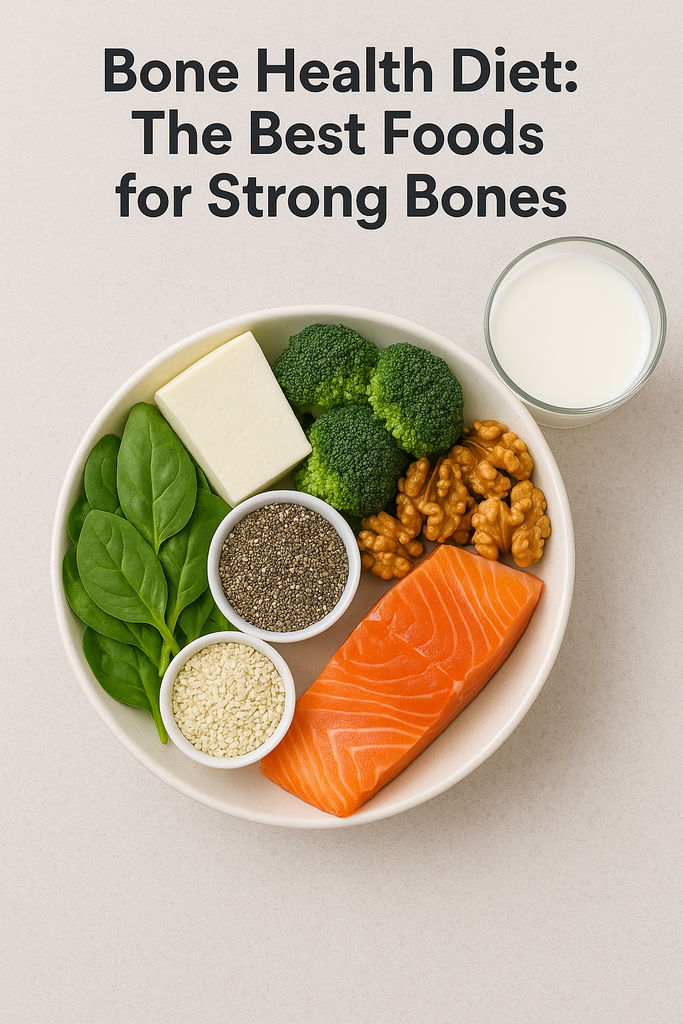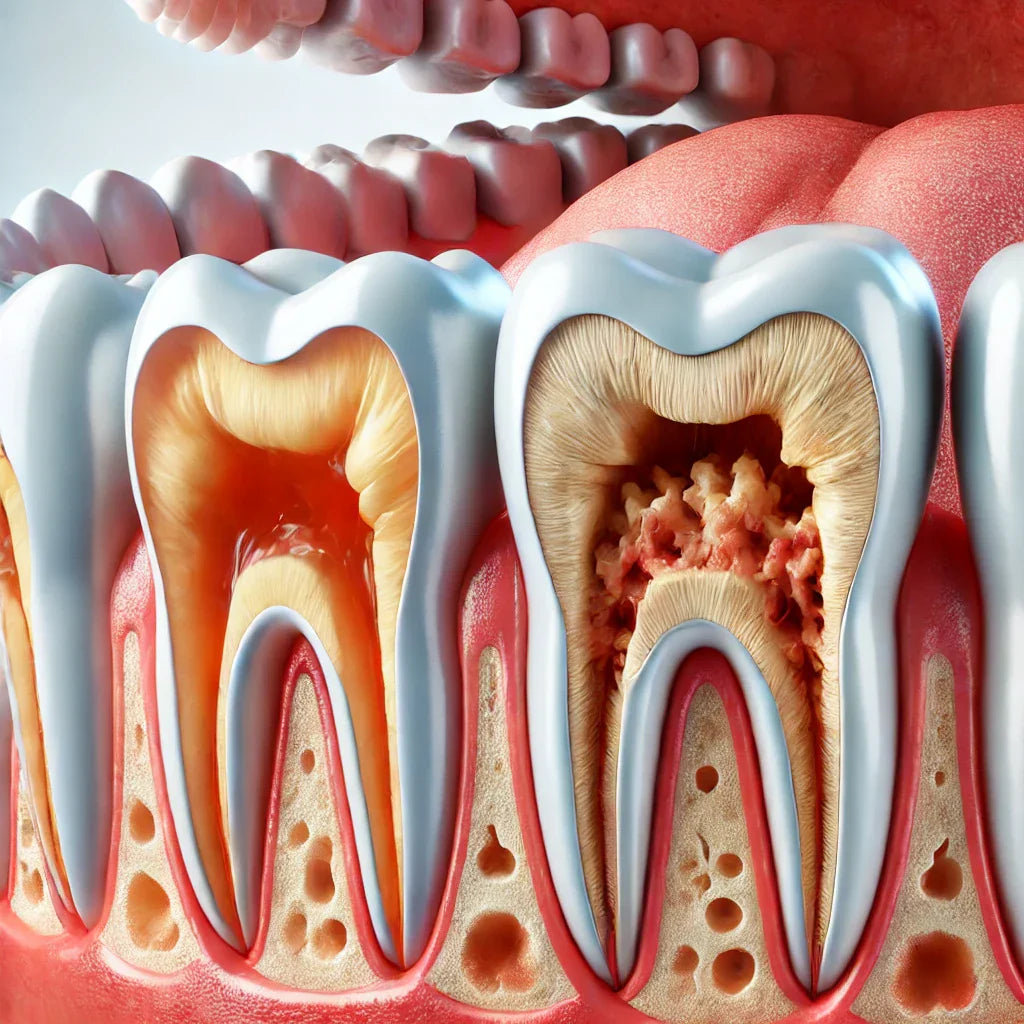News — bone health supplements
Bone Health Diet: The Best Foods for Strong Bones
best foods for bones bone density bone health bone health supplements bone mineral density bone strength bone-building foods calcium-rich foods exercise and bones healthy bones diet how to support bone health lifestyle for strong bones magnesium for bones osteoporosis prevention phosphorus and calcium protein for bones strong bones vitamin D and bones vitamin K2
Strong bones are the foundation of a resilient body—literally. They support mobility, protect vital organs, and serve as the body’s mineral reservoir. Yet, many people don’t think about their bone health until they experience a fracture, loss of mobility, or age-related conditions like osteoporosis. The good news? A well-designed diet can help build and maintain healthy bones at every stage of life.
Your bones are living tissue that constantly rebuilds itself, and nutrition plays a vital role in this process. While calcium and vitamin D are well-known players, other nutrients like magnesium, vitamin K, and protein are equally essential. This guide explores the best foods for strong bones, the nutrients they provide, and how to create a bone-building meal plan that’s as delicious as it is effective.
Dentinogenesis Imperfecta Type 2 vs. Type 1, Type 3, and Dentin Dysplasia: Key Differences
bone health supplements Cissus Quadrangularis collagen dentin dental genetics dental radiographs Dentin Dysplasia Dentinogenesis Imperfecta DSPP gene enamel defects genetic dental disorders osteogenesis imperfecta permanent teeth primary teeth shell teeth tooth disorders tooth strength Type 1 DI Type 2 DI Type 3 DI
Dentinogenesis Imperfecta (DI) and Dentin Dysplasia (DD) are rare yet important genetic conditions that impact the development and integrity of our teeth. While these disorders might seem similar at first glance, understanding their distinctions is vital—not just for dentists and geneticists, but for anyone navigating the complexities of dental health.
DI is divided into three main types, each with its own unique features, causes, and clinical presentations. Adding to the mix, Dentin Dysplasia presents its own challenges and shares overlapping symptoms, making diagnosis tricky without the right knowledge. In this article, we break down the essential differences between Dentinogenesis Imperfecta Types 1, 2, and 3, and Dentin Dysplasia to give you a clear, approachable understanding of each condition.
Rebounding for Bone Health: Strengthen Bones Naturally with Low-Impact Exercise
bone density exercises bone health supplements bone strengthening exercise for joint support exercises for bone growth improve balance low-impact exercise mini trampoline benefits natural bone health osteoblastic activity osteoporosis prevention rebounder trampoline rebounding benefits rebounding for bone health rebounding routines rebounding vs running rebounding workout safe exercises for osteoporosis strengthen bones naturally weight-bearing exercises
As we age, maintaining strong and healthy bones becomes increasingly important. Our bone density naturally decreases over time, leading to conditions like osteoporosis and increasing the risk of fractures. While there are several methods to support bone health, one fun and natural way that’s gaining popularity is rebounding.
Rebounding involves using a mini trampoline to perform controlled movements. This seemingly simple exercise offers profound benefits for the skeletal system, making it a fantastic option for anyone looking to boost their bone health. Rebounding isn't just for kids; it's a low-impact exercise that stimulates bone growth, strengthens muscles, and improves overall well-being.



